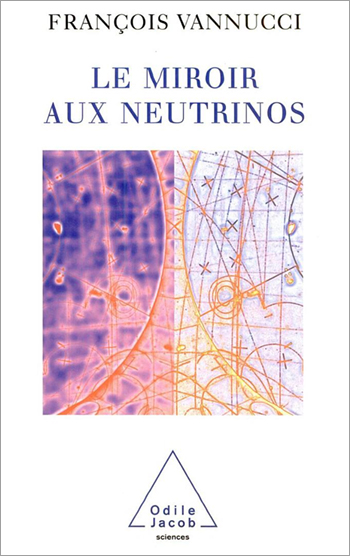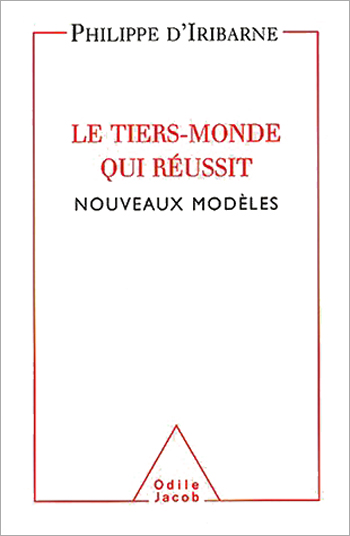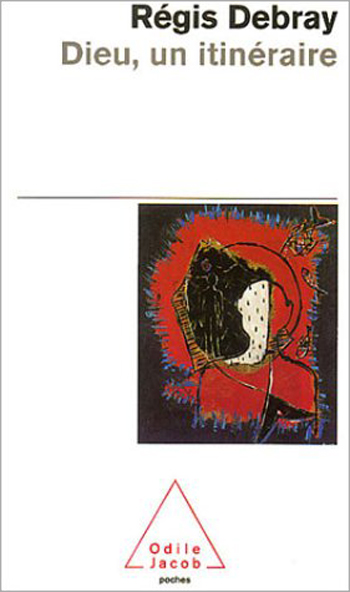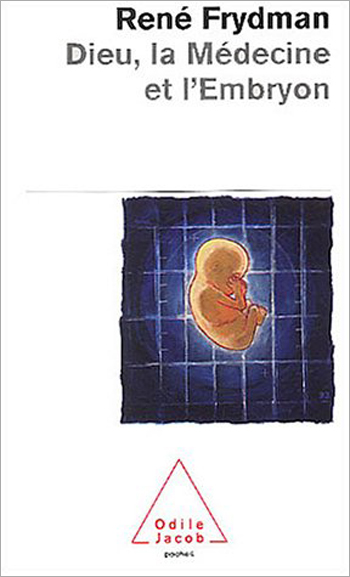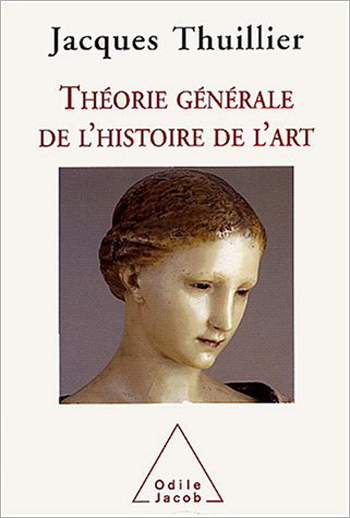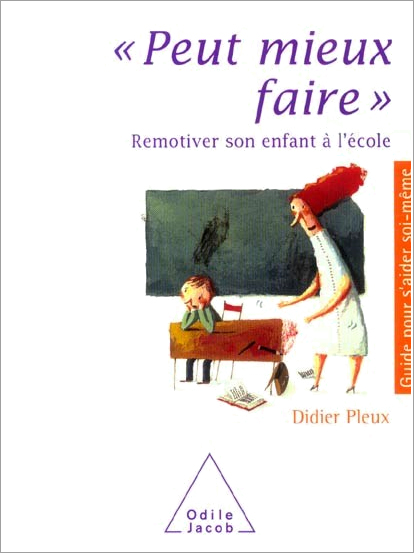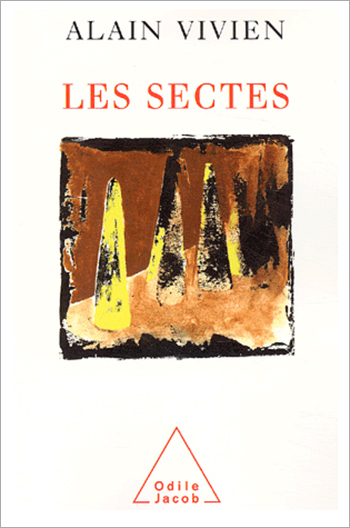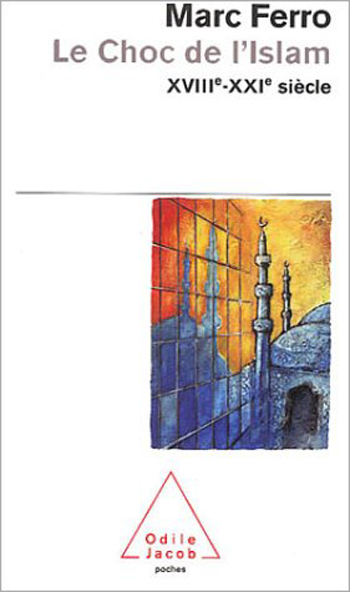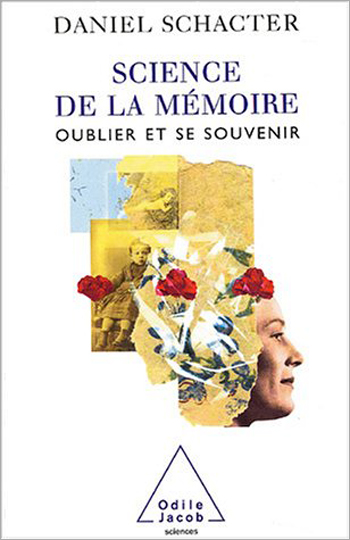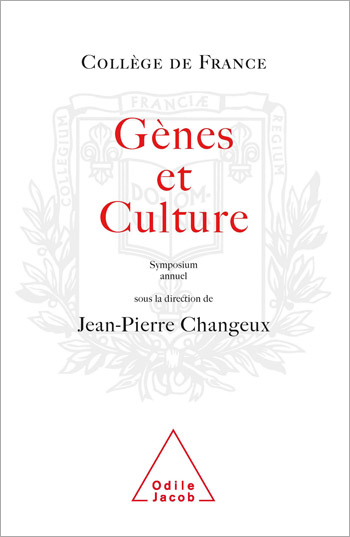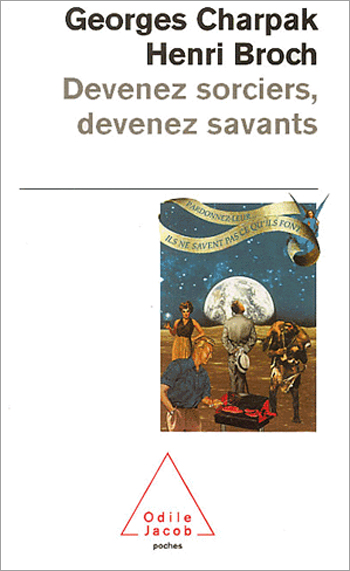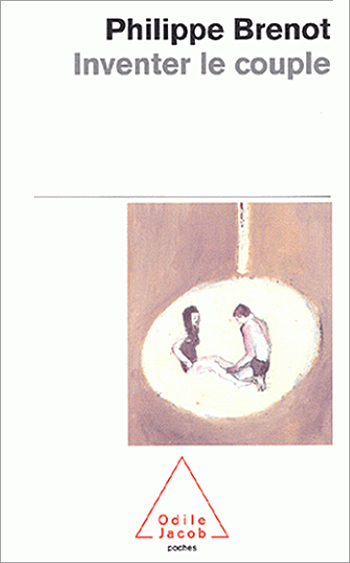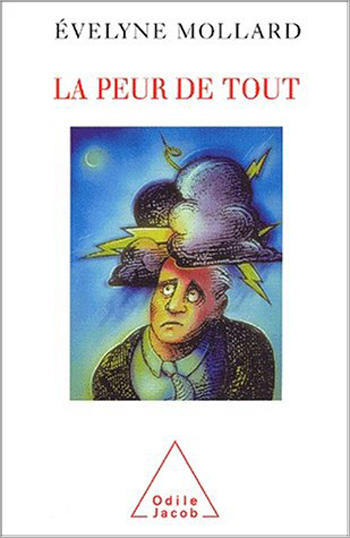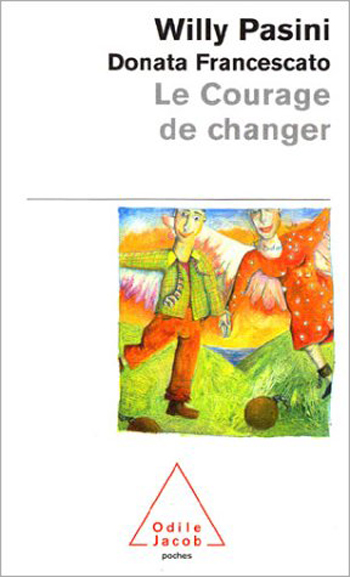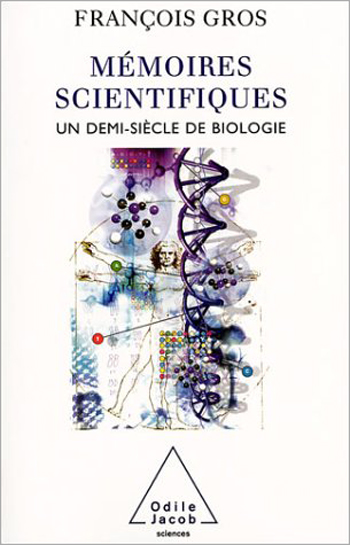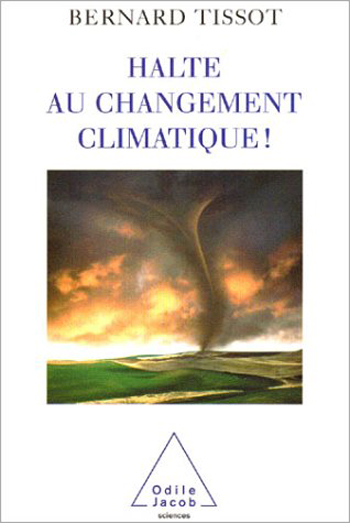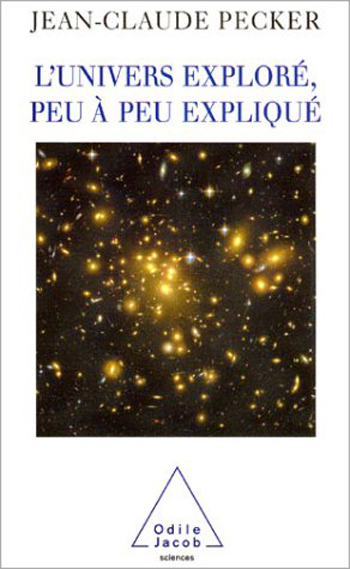Catalog All books
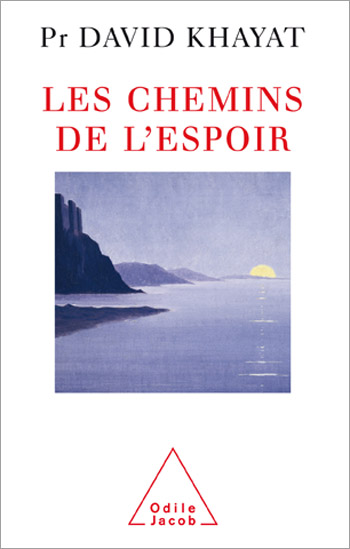
David Khayat
The Paths of Hope
The progress made in cancer research and the advances in therapeutics have become such that they open before us, without any doubt, marvellous paths towards hope. It is these paths that I suggest we discover together. David Khayat David Khayat is a professor at the Pierre-et-Marie-Curie University and the head of the cancer team at the La Pitié-Salpêtrière Hospital.
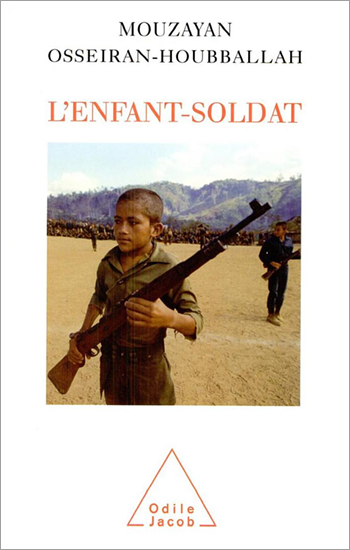
Mouzayan Osseiran-Houbballah
The Child Soldier
The existence of thousands of child-soldiers is one of the scandals of our time. UNICEF has estimated their number in the world today at 300,000 a figure that has grown in recent years due to the increase in the number of civil wars. What happens to them when the fighting ceases? Why are they no longer visible in Beirut, or elsewhere? Why do so many of them end up in drug-detoxification centres? What does the future hold for these children who know nothing besides how to handle weapons? Mouzayan Osseiran-Houbballah is a psychologist.
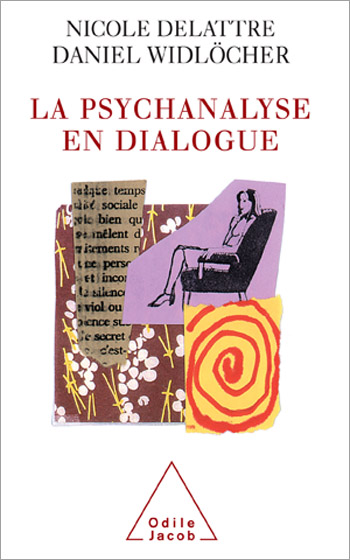
Nicole Delattre, Daniel Widlöcher
Reviewing Psychoanalysis
The task that the authors, Nicole Delattre et Daniel Widlöcher, have set themselves in this book is to take stock of what is useful and reliable in psychoanalysis today. Daniel Widlöcher sets out his view of this unique discipline, and the great concepts that it brings together, in addition to observing its pioneers and different spheres. In particular, he outlines his vision of the future of psychoanalysis, which is presently enjoying a revival. A professor at the University Pierre et Marie Curie, Daniel Widlöcher has for many years headed the psychiatry department at the Salpêtrière Hospital in Paris. He is the president of the International Association of Psychoanalysis and is notably the author of Métapsychologie du sens, of Logiques de la dépression and of Nouvelles Cartes de la psychanalyse. Nicole Delattre is a professor of philosophy
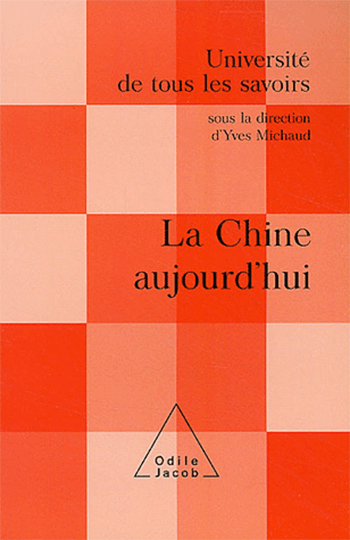
Yves Michaud
China Today Volume 8
China is a nation at the crossroads of tradition and modernity. In this previously unpublished volume in the series "lUniversité de tous les savoirs", the authors review the present-day situation and ask the following questions: How should Chinas current political system be defined? What is Chinas position in the world today? What are the different aspects of cultural and intellectual life in China? This is a novel approach to a history of contemporary China. Contributions by Marie-Claire Bergère, Michel Bonnin, Charles Chauderlot, Anne Cheng, Yves Chevrier, Jean-Luc Domenach, Françoise Ged, François Godement, Wang Shaoqi, Joël Thoraval, Léon Vandermeersch, Chu Xiao-Quan.
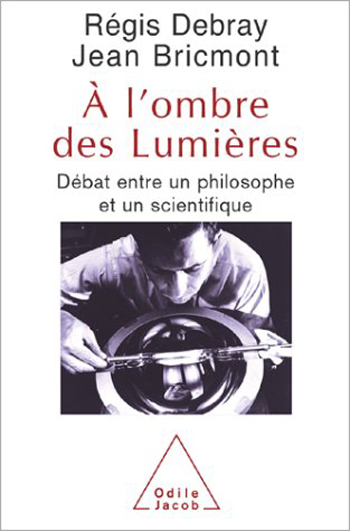
Régis Debray, Jean Bricmont
In the Shadow of Lights A Debate between a Philisopher and a Scientist
What is the meaning for us today of the Enlightenment? Of positivism and of the social sciences? How should we envision the revolutions in physics, biology and the neorosciences? What are the future roles of ideology and politics, faced with the challenge of the present religious come-back? Is the notion of progress still relevant? Can a fundamental, universal anthropology be established? In their discussions, the authors Debray from a literary point of view, and Bricmont from a scientific one meet, confront and defy each other. In the course of their talks, they summon theory and practice, past and present, history and current events, facts and their own personal convictions, to give the reader a brilliant lesson against the dominant mood of nihilism. Régis Debray heads the European Institute of the History and Science of Religion. He is the author of numerous works, including God, An Itinerary. Jean Bricmont teaches theoretical physics at the University of Louvain. He is the co-author with Alan Sokal of Intellectual Impostures.
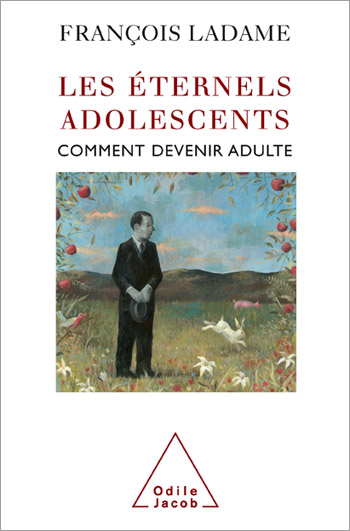
François Ladame
Eternal Adolescents How to Become an Adult
Problems of identity also concern fully developed adults or, more accurately, those apparently developed adults who have failed to leave their childhood behind and have been unable to become autonomous. In an age which prefers to break down rather than uphold limits between genders, generations, even between life and death how can the construction of ones personal identity be enhanced? What can be done to develop a powerful sense of existing in ones own right, independently of inner changes and circumstances? How can children be helped to find their place in the world and to remain themselves in the midst of others? François Ladame is a psychiatrist and psychoanalyst
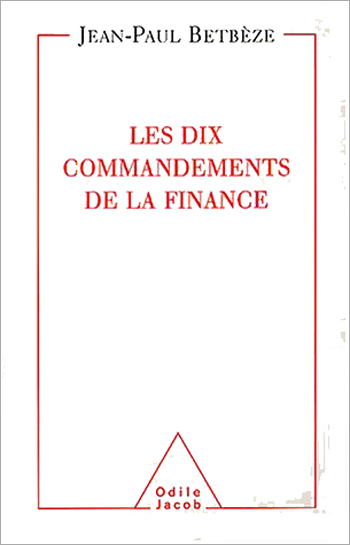
Jean-Paul Betbèze
The Ten Commandments of Finance
Contemporary finance is driven by a quest for a high rate of profitability. According to Jean-Paul Betbèze, this quest is ruled by ten commandments, ranging from "Thou shalt always seek a 15% return on Equity" to "Thou shalt not allow the whole system to explode". He examines how this has upset the old form of capitalism, and in his lively, clear style, the author recounts the unprecedented changes that are now taking place and that will determine our future. Jean-Paul Betbèze teaches at the University of Paris Panthéon-Assas.
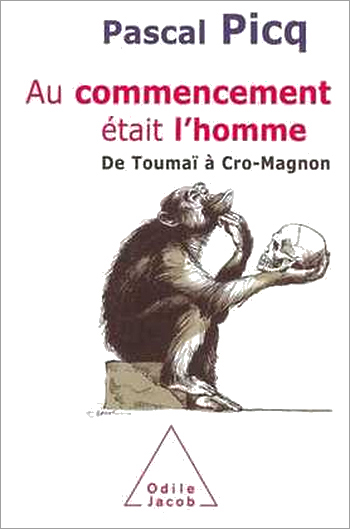
Pascal Picq
And at the Beginning there was Man...
In forty years, the genealogical tree of human evolution has grown so extensively that it now spans six million years. But fossils, the tree of evolution and the story they tell openly challenge all prevailing ideas about evolution; and though they have been shaken, these ideas have barely begun to change. In this book, Pascal Picq examines concrete, existing proof of our origins and then goes on to offer a new view of the human position in the evolutionary process. Pascal Picq is a senior lecturer in paleo-anthropology and prehistory at the Collège de France.
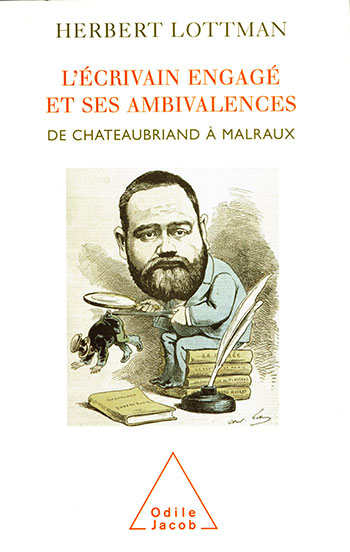
Herbert Lottman
The Committed Writer and his Ambivalences From Chateaubriand to Malraux
By definition, a committed writer is a well-known one who puts the respect and admiration his name has accrued in the service of a cause. But is it really that simple? Is political commitment only a matter of principles? Isnt it also driven by a quest for celebrity? Described here are the stratagems adopted by some of the greatest figures in the French literary pantheon of the nineteenth and twentieth centuries, as they faltered between a quest for purity and the desire for personal glory. Herbert Lottman is a renowned biographer.
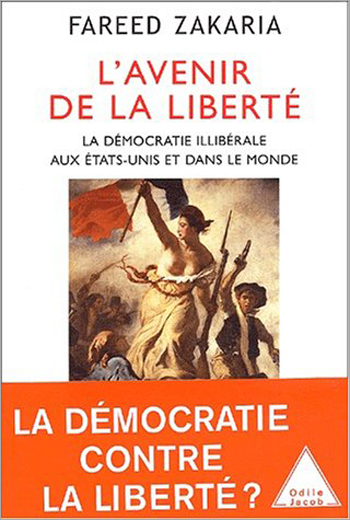
Fareed Zakaria
The Future of Freedom
Is it really so that more democracy leads automatically to more freedom ? Why, in the four corners of the world, are we now seeing an increased capacity for religion to mobilise the people ? Why, in Europe as in the United States, do we have minorities and oligarchies reigning in the name of the people ? Why has there been an increase in the number of regimes which are born from the polling booth, yet which exalt fanaticism, repression and war ? A dazzling world tour of the geo-political horizon, and also a lesson in modern and contemporary history, which we lead us to reexamine our own prejudices. Fareed Zakaria is the editor of Newsweek International and was formerly the managing director of the review Foreign Affairs.
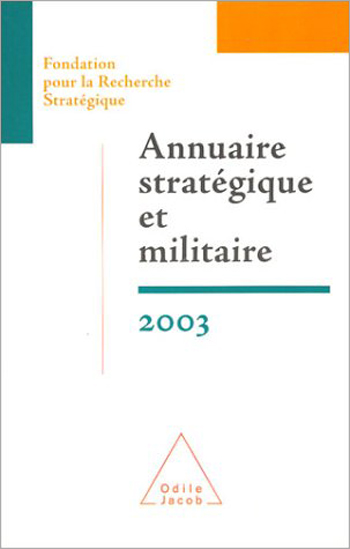
Fondation pour la Recherche Stratégique, François Heisbourg
Strategic and Military Yearbook 2003
The war in Iraq - what are the origins of the conflict and the consequences for the Middle East and Europe ? Al-Qaeda, Iran, Syria, North Korea - where are the potential conflicts and those already underway ? Europe, the United States - what place does American supremacy leave its former allies in the Cold War ? What choices can Europe make in the face of this mounting danger ? This book provides an up-to-date, concise and accurate survey of the major trends and strategic challenges facing the world today and tomorrow.
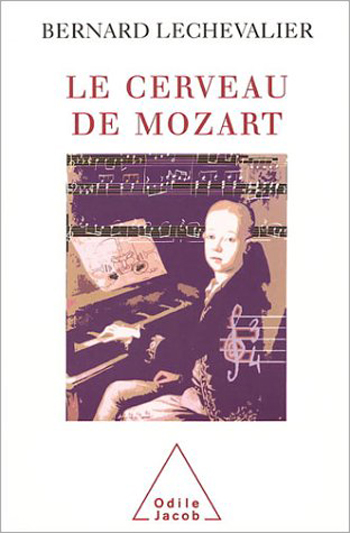
Bernard Lechevalier
Mozart's Brain
In this book, the author uses episodes from Mozarts life which illustrate a specific aspect of musical perception. He explores the mechanisms of musical memory - how is it mentally possible to memorise a fifteen-minute musical composition for nine voices, in two choirs? Is this ability due to a listening technique? To an emotionally-based one? What mental operations are at work in musical memory, in general? Bernard Lechevalier is a neurologist specialising in neuropsychology, and a professor of neurology and medicine in teaching hospitals.
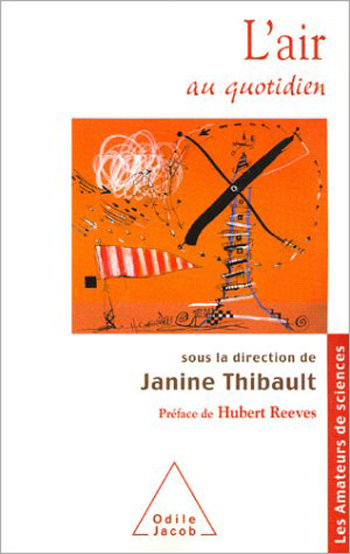
Janine Thibault
The Air We Breathe
What is air? What is pollution? Whether with regard to the atmosphere, the effects of pollutants, or the weather, teachers will find in this book elementary theoretical information on air, and the essential foundation needed to instruct their pupils with a civic-minded, and preventive attitude to the air they breathe.
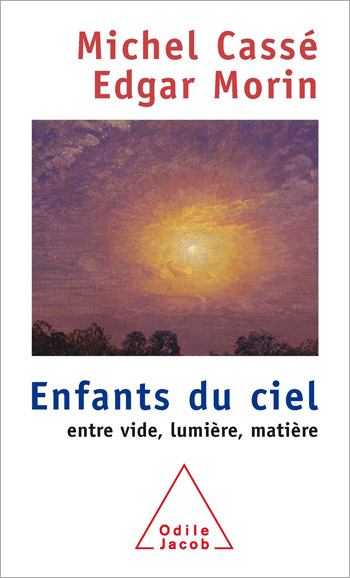
Michel Cassé, Edgar Morin
Children of the Sky Between Nothingness, Light and Matter
What is the universe, which we regard as "ours" not only because we live in it but because it produced us? This book is in the form of a dialogue on cosmology between the astrophysicist Michel Cassé and the philosopher Edgar Morin. It is a profound work which revels in the joy of knowledge and restores us to the universe that is in all of us, as it celebrates the "anthropo-cosmos". Michel Cassé is an astrophysicist at the Atomic Energy Commission. Edgar Morin is an internationally renowned writer and thinker.

